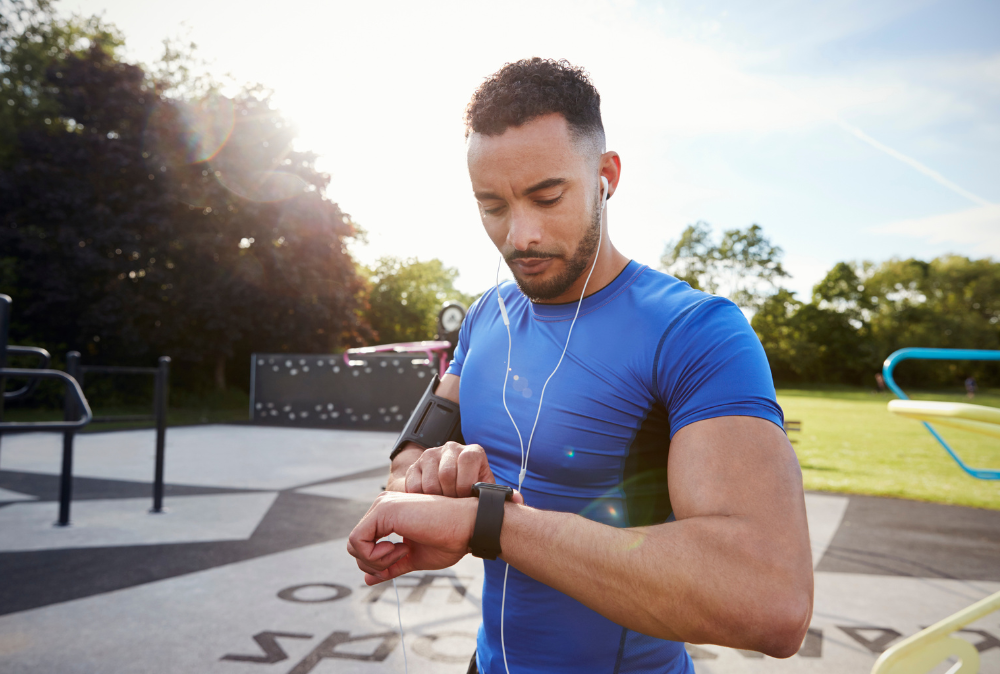
Managing your health shouldn’t feel overwhelming or mysterious. Thanks to wearable technology, patients now have a way to keep tabs on their well-being in real time — without needing to visit a doctor’s office every time something feels off. Whether you're navigating chronic pain, monitoring blood pressure, or trying to get more steps in, wearable devices are putting more control into your hands (or onto your wrist).
Wearable technology includes smart devices like fitness trackers, smartwatches, biosensors, and even patches or rings that monitor your health. These devices collect data such as heart rate, sleep patterns, physical activity, blood oxygen, and more — giving you (and your care team) a fuller picture of what’s going on inside your body.
And the best part? Many wearables sync directly with your smartphone or health apps, making it easy to track your progress over time or share insights with your provider.
For patients living with chronic conditions like diabetes, hypertension, or heart disease, wearable tech can be a game changer. Instead of guessing or waiting for symptoms to flare up, you can now catch warning signs early — and take action fast.
Here’s how:
Wearables don’t just track what’s happening now — they help you stay one step ahead. Researchers are studying how sensors can detect early signs of infection, dehydration, or inflammation. These tiny red flags might show up in your heart rate, temperature, or sleep cycles before you even feel sick.
For many users, wearable tech is just as valuable for supporting healthy habits:
A review in The Lancet Digital Health found that people using wearables tended to walk more, sleep better, and lose weight — especially when using them consistently over time.
Many wearable devices can now sync with your healthcare provider’s systems, making your appointments more productive and personalized. Instead of trying to remember how you’ve felt over the past month, you can show them your data.
Just keep in mind that some devices may share sensitive health info. If you're syncing with your provider, make sure the app or device follows HIPAA rules for privacy and protection. The U.S. Department of Health and Human Services offers guidance on how HIPAA protections work.
Wearable technology isn’t just for techies or fitness fanatics. It’s a tool for anyone who wants to feel more informed, more in control, and more connected to their health. Whether you're managing a chronic condition or just trying to stay on top of your wellness goals, wearables offer real-time insights that support long-term healing and prevention.
And remember — you’re not in this alone. If you’re curious about using wearable technology to support your treatment plan, the KindlyMD team is here to help you find solutions that are tailored to you. Schedule an appointment today.
